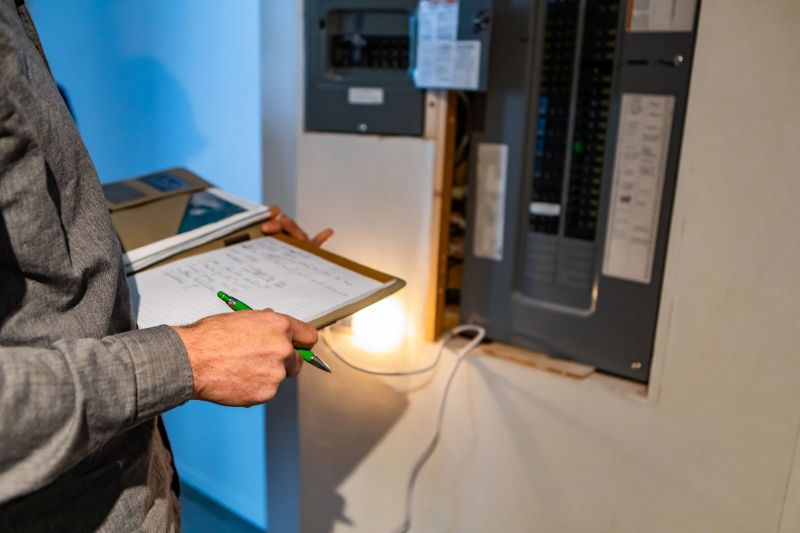Electricity is an essential part of modern living, but it can also be dangerous if proper safety measures are not followed. Home electrical safety should be a top priority for homeowners, as electrical fires and accidents can cause serious damage and injury. Here are some important home electrical safety tips to keep in mind:
- Install Smoke Alarms
Smoke alarms are a crucial safety feature in any home, as they can detect smoke and alert occupants of a fire. Install smoke alarms in each bedroom, in hallways outside of bedrooms, and on every level of your home. Test them monthly and replace the batteries at least once a year.
- Avoid Overloading Electrical Outlets
Plugging too many electrical devices into an outlet can overload the circuit and cause a fire. Avoid using extension cords for long-term use and limit the number of devices you plug into a single outlet.
- Replace Damaged Cords and Outlets
Damaged electrical cords and outlets can be a major safety hazard. Replace frayed or cracked cords immediately, and avoid using electrical devices with exposed wires. If an outlet feels hot to the touch, replace it immediately.
- Keep Electrical Devices Away from Water
Water and electricity don't mix, so keep electrical devices away from water sources such as sinks, bathtubs, and swimming pools. Don't touch electrical devices with wet hands, and never operate an electrical device while standing in water.
- Unplug Unused Electrical Devices
Unplug electrical devices when they're not in use, as they can still draw power and pose a fire hazard. This is especially important for devices such as space heaters, which can become extremely hot and start a fire if left plugged in.
- Use Ground-Fault Circuit Interrupters (GFCIs)
GFCIs are electrical safety devices that can prevent electrical shocks and fires. Install GFCIs in areas where water is present, such as kitchens, bathrooms, and outdoor outlets.
- Don't Overload Extension Cords
Extension cords are useful for providing power to devices that are far away from outlets, but they can also be dangerous if not used properly. Don't overload extension cords, and make sure they are rated for the devices you're using.
- Hire a Professional Electrician for Repairs
Electrical repairs should always be handled by a professional electrician. Don't attempt to repair electrical devices or wiring yourself, as this can be dangerous and may cause further damage.
- Keep Flammable Materials Away from Electrical Devices
Flammable materials such as paper, fabric, and chemicals should be kept away from electrical devices. Don't place electrical devices near curtains, bedding, or other flammable materials, and avoid using them near chemicals such as gasoline or cleaning solutions.
- Know How to Shut Off Power
In case of an emergency, it's important to know how to shut off power to your home. Locate your circuit breaker or fuse box and learn how to turn off power to your entire home or specific areas.
Home electrical safety is an essential part of keeping your home and family safe. By following these important tips, you can reduce the risk of electrical fires, shocks, and accidents in your home. Remember to install smoke alarms, avoid overloading electrical outlets, replace damaged cords and outlets, keep electrical devices away from water, unplug unused devices, use GFCIs, avoid overloading extension cords, hire a professional electrician for repairs, keep flammable materials away from electrical devices, and know how to shut off power in case of an emergency.

